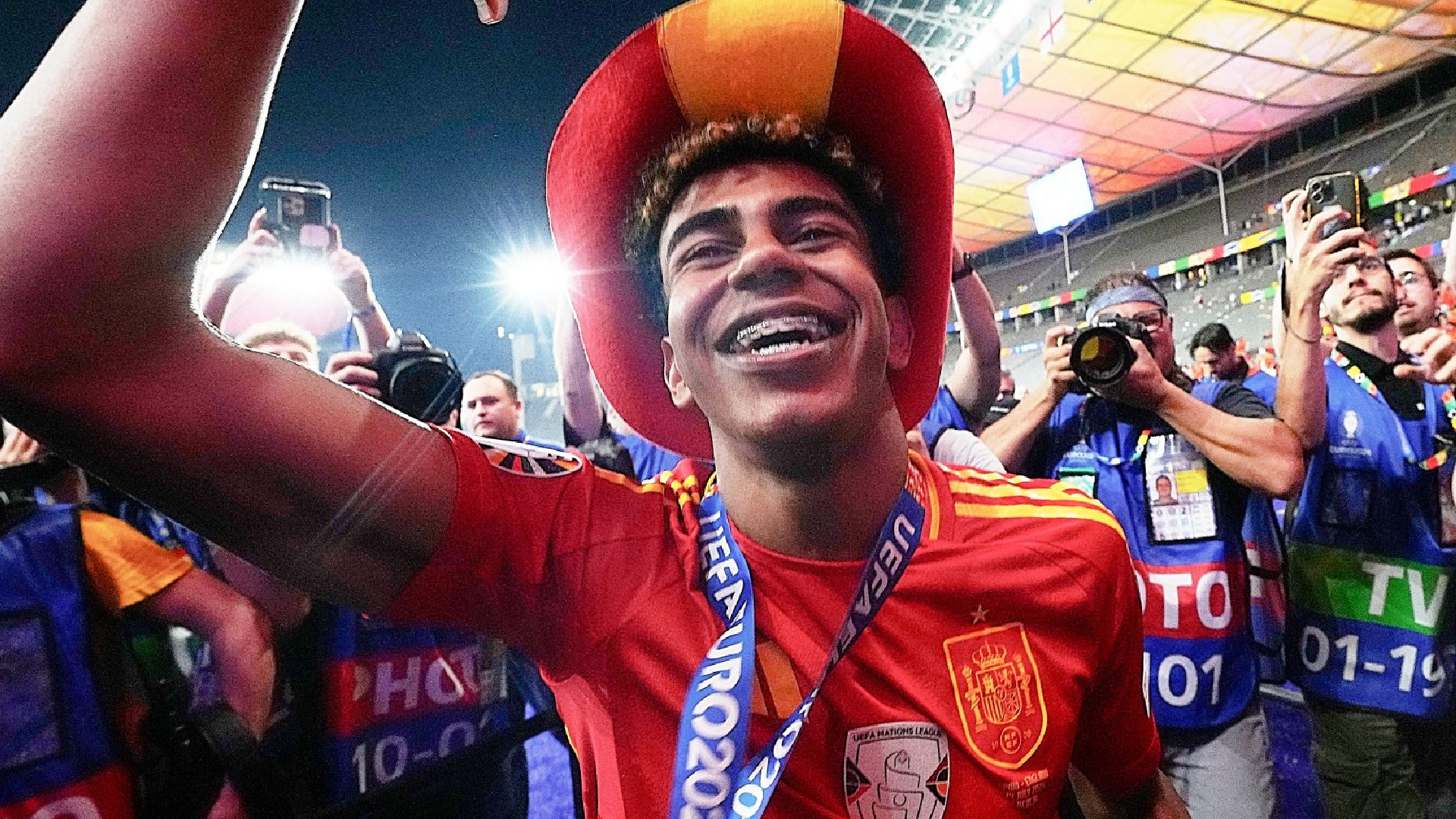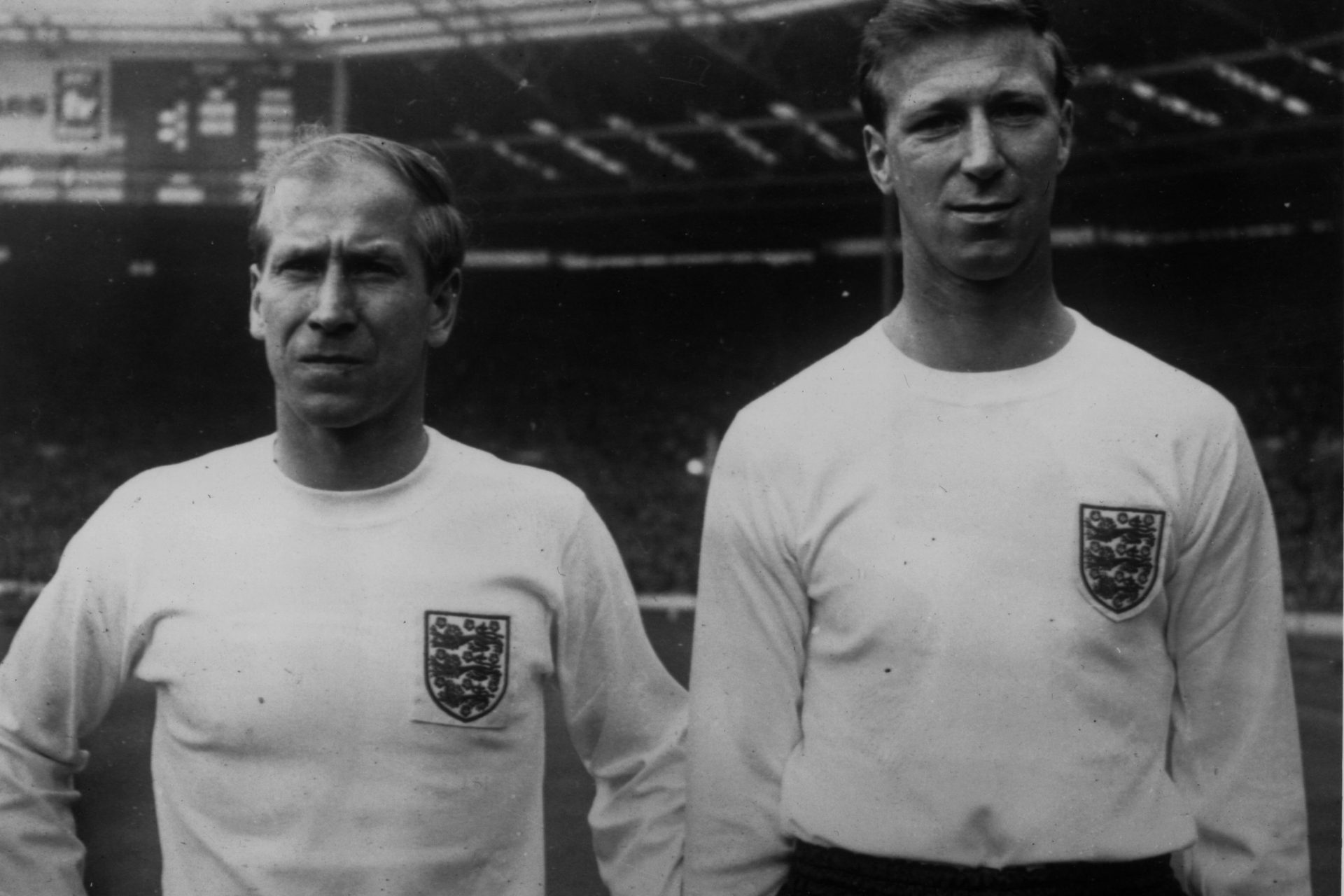The Dark Side of Cricket: The inside story of Pakistan's 2010 spot-fixing scandal
As the Northern Hemisphere cricket season kicks off, let’s take a look back at one of the biggest scandals in test cricket history. A tale of corruption, bribes and lengthy bans. On August 28th 2010, news broke of the biggest spot-fixing plot in cricketing history. Let's take a look at the lead-up, the protagonists, what actually happened, and the eventual fallout from that fateful day.
Six weeks before the events at Lord’s, Pakistan had just lost in dismal circumstances to Australia at the same ground. With the ICC not allowing Pakistan to play home tests due to safety concerns, they decided to ‘host’ Australia in England. Being torn apart by part-time (at best) off-spinner Marcus North in the second innings at losing by 148 runs was too much for then captain Shahid Afridi who immediately resigned, leaving the team in a state of confusion and flux.
A month on from Afridi’s resignation, with new captain Salman Butt in charge, Pakistan went into the Lord’s test with a chance for redemption. In their four-match series against England, Pakistan had lost the first two but mounted sterner resistance at the Oval making the series 2-1 in England’s favour with just the Lords test to come.
The legacy of this match is not one of positivity, but for England great Stuart Broad, he will forever remember this match as his only test century. Combining with Jonathan Trott for a partnership worth over 300, Broad scored an almost unbelievable 169.
Pakistan has had a reputation for young quick bowlers, but none had looked as promising as left-armer Mohammad Amir. Able to get a prodigious swing at good speeds, he looked ready to dominate test cricket for years to come. In a tumultuous match for the young man from Punjab, Amir showed his world-class talents, taking 6 for 84 and being entrenched on the Lord's honours board.
The events which transpired during the test match happened at the behest of one man, a Briton named Mazhar Majeed. Using the sports agency he ran alongside his brother, Majeed would develop relationships with Pakistani cricketers, negotiating sponsorships during their time in the UK. A known figure to higher-ups in the Pakistan Cricket Board, players were told to avoid him when possible.
During Mohammad Amir’s previously mentioned spell where he tore through the England top order, he bowled two huge front foot no balls, overstepping the popping crease by at least a foot. This is generally unheard of in cricket, with bowlers knowing their run ups to the centimetre. It was picked up by the Sky Sports team on commentary but no one suspected what had actually occurred at the time.
With the test match ongoing, The News of the World broke an exclusive report which included a video showing Mazhar Majeed counting stacks of cash and explaining which overs would be bowled by which bowlers and which deliveries would be no balls. The pattern was immediately obvious as every predetermined occurrence happened as and when Majeed suggested it would
By the time the news broke, England were already in a commanding position in the game, with a huge first innings lead and the Pakistanis in no mental position to compete, the game came to its eventual conclusion. England were comfortable winners of the test and the series.
In a truly bizarre scenario, Mohammad Amir was awarded as the Pakistan player of the series, with Jonathan Trott receiving the award for the English side. Given the circumstances, the organisers decided to have the presentation inside the Long Room at Lord’s, under a cloud of suspicion and confusion, the English side collected their series’ trophy with muted celebrations
The day after the news broke, Mazhar Majeed would be arrested by British police, it emerges the three players at the centre of the scandal are Mohammad Amir, Mohammad Asif, and new captain Salman Butt. All three have their phones confiscated by the police and it is announced they will play no further part in the tour, which includes an ODI and T20 series.
Within days of their names being connected to Majeed, Amir, Asif and Butt are all indefinitely suspended by the International Cricket Council. They are arrested and questioned in early September but eventually released without charge. A week or so later, fellow player, Wahab Riaz is also questioned but is never charged or considered a significant part of this plot.
The police continued their investigation into the Pakistani trio, with mounting evidence being given to the Crown Prosecution Service readying them for what will certainly be a lengthy trial. The three cricketers are adamant they will defend themselves in court and in a strange turn of events, Salman Butt even goes so far to accuse the English players of accepting fees for match-fixing themselves, a charge flatly denied by captain Andrew Strauss.
Having appealed their suspensions, Amir, Asif and Butt are all placed under investigation by the ICC, what followed was a series of accusations of bias, lawyers removing themselves and general confusion over what exactly the charges were. Eventually, the players were all given lengthy bans, with Amir receiving five years, Asif seven (with two suspended), and Butt 10 (with five suspended).
Just over a year on from the incident, a few miles southeast from Lord’s, the Pakistani trio were given their sentences. Having pleaded guilty to charges of conspiracy to cheat and conspiracy to accept corrupt payments, Mohammad Amir received a six-month jail term. Despite not guilty pleas, Asif was given a year behind bars, and Salman Butt two years and six months.
The British man at the centre of the scandal, Mazhar Majeed also pleaded guilty to his involvement in the spot-fixing plot. His brother, who was the initial contact between Mazhar and UK-based Pakistani cricketers noted “He didn't plead guilty to have his sentence reduced; he wanted to do the right thing. He's a very religious man.” in an interview with Cricinfo.
Reaction was mixed to the trio of Amir, Asif and Butt, the latter two were roundly condemned for their actions. However, many felt sympathy for Amir given his age and his background and his claims that he was “trapped, because of my stupidity. I panicked”, suggesting he was either unaware of the severity of spot-fixing, or simply pressured into it by senior players.
In his autobiography, Shahid Afridi notes how Mazhar Majeed had joined the Pakistani team on a previous trip to Sri Lanka, leading to a bizarre series of incidents involving a broken phone and a repair shop back in London. Through this roundabout way, Shahid Afridi was aware Majeed had been pressuring the three players in question to commit spot-fixing long before the events at Lord’s.
Mohammad Amir returned to cricket as soon as his ban was up, playing in a series in England for Pakistan. His relationship with the PCB broke down and he retired from international cricket in 2019 but still plays domestically. Asif never played top level cricket again and is now based in the US doing some coaching. Butt played domestically in Pakistan and was offered a broadcasting role in his home country.
More for you
Top Stories
































